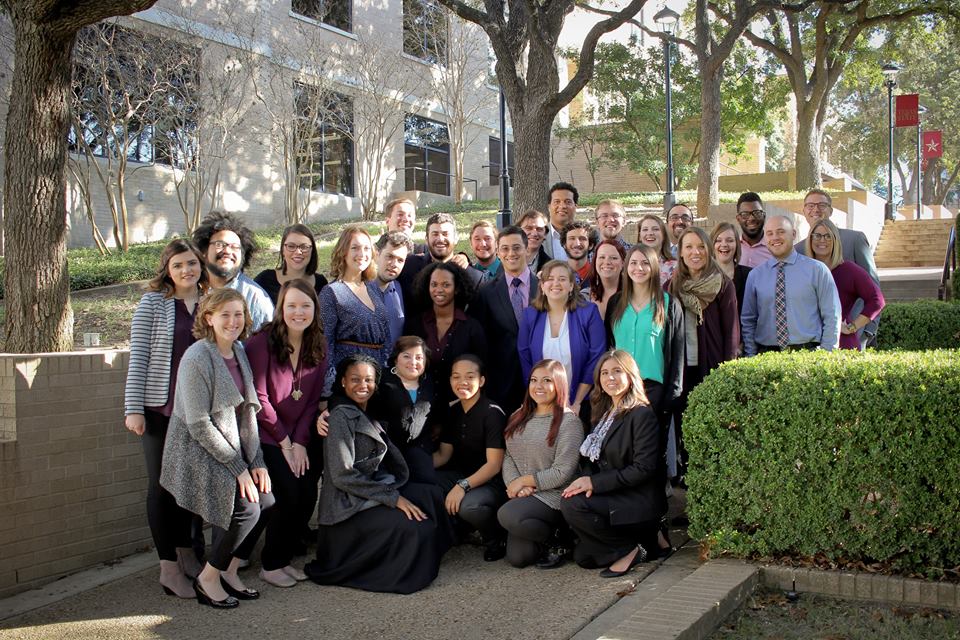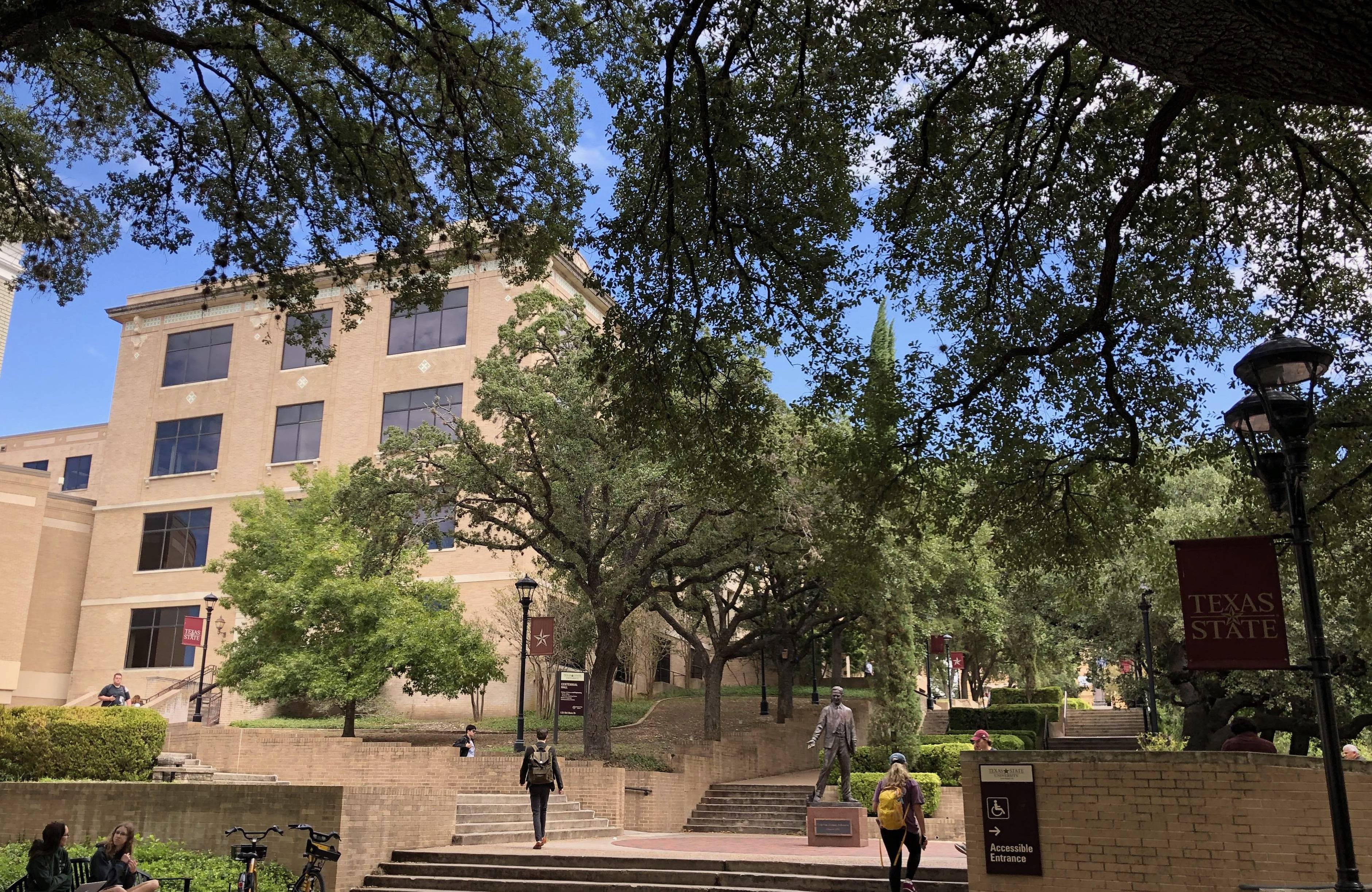Students who are admitted to the Communication Studies Graduate Program can apply for a Graduate Instructional Assistant (GIA) position. The application process for graduate assistantships is separate from the graduate program application process. Students who are interested in a GIA position must apply directly to the department. Instructions below will outline the process.
Assistantships and You

GIA Application Process
Applicants must have applied to the Graduate Program and have a completed file with all supporting graduate program application materials.
Complete the Online Application for a Graduate Instructional Assistantship.
Submit Assistantship Application and apply for the graduate program.
Preparing You For Any Future
The Texas State University Teaching & Learning Academy (TLA) is a comprehensive training program for Communication Studies graduate students and adjunct faculty who teach COMM 1310: Fundamentals of Human Communication. GIAs may also work in other positions including speech coaching in our Communication Lab, assisting our Debate and Forensics advisors, or assisting faculty with their research or editor roles.

-
Deadlines
Most GIAs teach three lab sections. With successful experience as a GIA and after completing 18 communication studies graduate course hours (six hours,) you may be selected to teach your own sections of COMM 1310 and will be designated a GTA, or Graduate Teaching Assistant. GTAs teach two stand-alone sections of COMM 1310.
Assistantship application priority deadline is April 15.
-
Benefits of Being a GIA
- Being a GIA helps pay for your graduate education. Half-time GIAs work 20 hours per week and earn a competitive stipend. Out-of-state GIAs earn in-state tuition benefits and half-time GIAs are eligible for insurance benefits after their first semester in the program.
- Being a GIA enriches your graduate school experience. It allows you to learn communication both as a student and as a teacher. Sharing what you know and teaching others helps build and reinforce your knowledge and skills.
- Being a GIA allows you to foster close working relationships with faculty members and other graduate colleagues.
- Being a GIA gives you skills and experiences in teaching and training others. If you are considering a career in higher education, training and development, organizational development, or another field where you will be responsible for leading and developing others, then working as a GIA will give you important front-line teaching and training experience.
